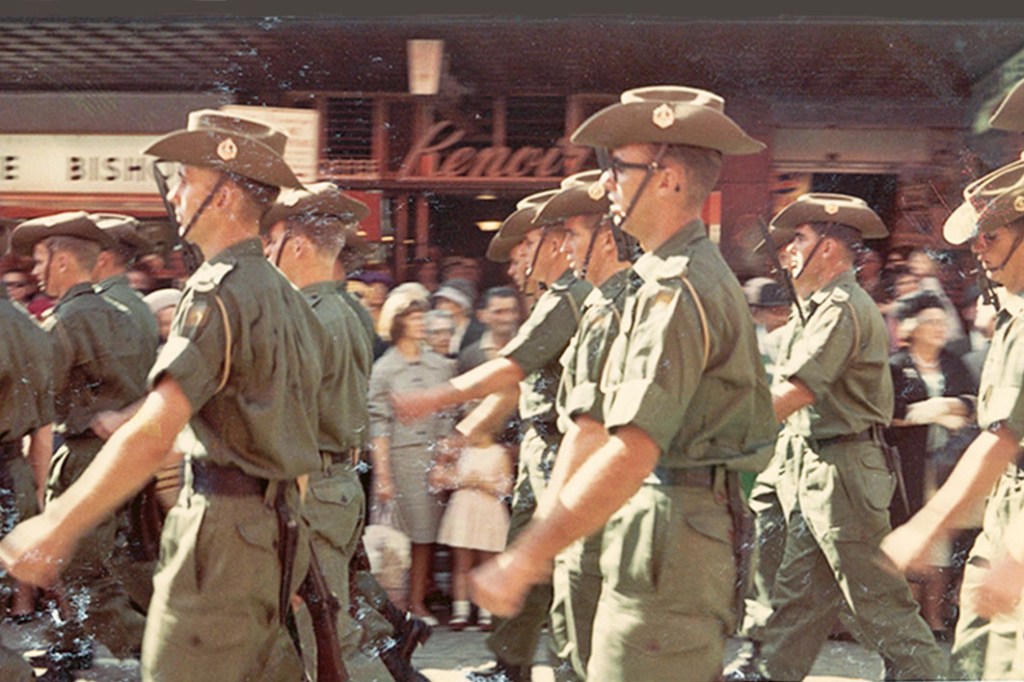Sixty years since the first deployment of Australian troops and close to half a century since the last soldiers were withdrawn, the Vietnam War remains an “era-defining” conflict, Federal Veterans’ Affairs Minister Matt Keogh says.
A series of commemorations to mark the longest military action involving Australian forces in the 20th century will be held across the country on Vietnam Veterans’ Day, with the most significant at Melbourne’s Shrine of Remembrance.
A gunfire breakfast, which traditionally includes a tot of rum for warmth and courage, will kick off proceedings today. They will also mark the 56th anniversary of the iconic Battle of Long Tan, the costliest single encounter involving Australian soldiers.
“The 60,000 Australians who served in Vietnam deserve our utmost gratitude and respect. Some 521 gave their lives in the conflict and over 3000 were wounded,” Mr Keogh said.
“Around 15,000 of them were conscripts through the National Service Scheme.
“At that time in Australia there was growing opposition for the war, and so upon their return our Vietnam veterans did not always receive the acknowledgement they were due.
“Today they form the backbone of our veteran community.”

Melbourne’s service will be attended by the Victorian governor and Premier Dan Andrews along with senior military officials.
The program will include Vietnam-era music by entertainers Normie Rowe, John Schumann, Mike Brady, Denise Drysdale and Marcie Jones.
Vietnam Veterans Association Hobart branch president Rob Wooley said until recently Aboriginal soldiers had been given scant recognition.
“One of our Tasmanian Aboriginal soldiers has said that Vietnam had left him with many bad memories, both serving in the jungle and walking the streets of Sydney when he returned,” Mr Wooley said.
“He felt used while he was in Vietnam and abused when he arrived home, a sentiment many other soldiers would identify with too.”
Thursday’s major gathering in Melbourne will be the last in its current form, largely because of the advancing age of the veterans involved.
Commemorations Manager Maurie Benson said most were now into their late 70s but added that veterans would continue to gather each year, in less formal circumstances.
Australia’s decade-long involvement in the Vietnam War began with the first arrival of troops in July 1962.
The nation’s participation was formally declared at an end when the governor-general issued a proclamation on January 11, 1973.
The final combat troops remaining were a platoon guarding the Australian embassy in Saigon, which was withdrawn in June 1973.
Mr Keogh said the 50th anniversary of the end of Australia’s involvement in the Vietnam War would also be recognised next year with a commemorative service at the Australian Vietnam Forces National Memorial in Canberra.







